
Slowing down and truly listening: Jahna Cedar’s approach to leadership
Posted on 18 Feb 2026
When Nyiyaparli woman Jahna Cedar travels to New York next month as part of the Australian…
Posted on 08 Jul 2025
By Greg Thom, journalist for the Institute of Community Directors Australia
For the executive director of Specialisterne Australia, Michelle Crawford, the importance of empowering neurodiverse workers is close to home.
How did you become involved in advocating for neurodivergent Australians in the workplace?
After close to 30 years working in the not-for-profit world, and with governance knowledge, I was invited in 2022 to join the board of Specialisterne Australia. Late 2023, I was asked to step into the role of executive director, overseeing our operations in this region.
My personal connection to the importance of creating neuroinclusive workplaces, where neurodivergent individuals can thrive, is through my eldest brother, who was diagnosed as autistic post-retirement, at the of 63. He had navigated the neurotypical world of work from age 15 to 59, often to the detriment of his physical and psychological health, contributing to the statistic that 43 per cent of neurodivergent employees report burnout, often from masking or adapting to a neurotypical environment.
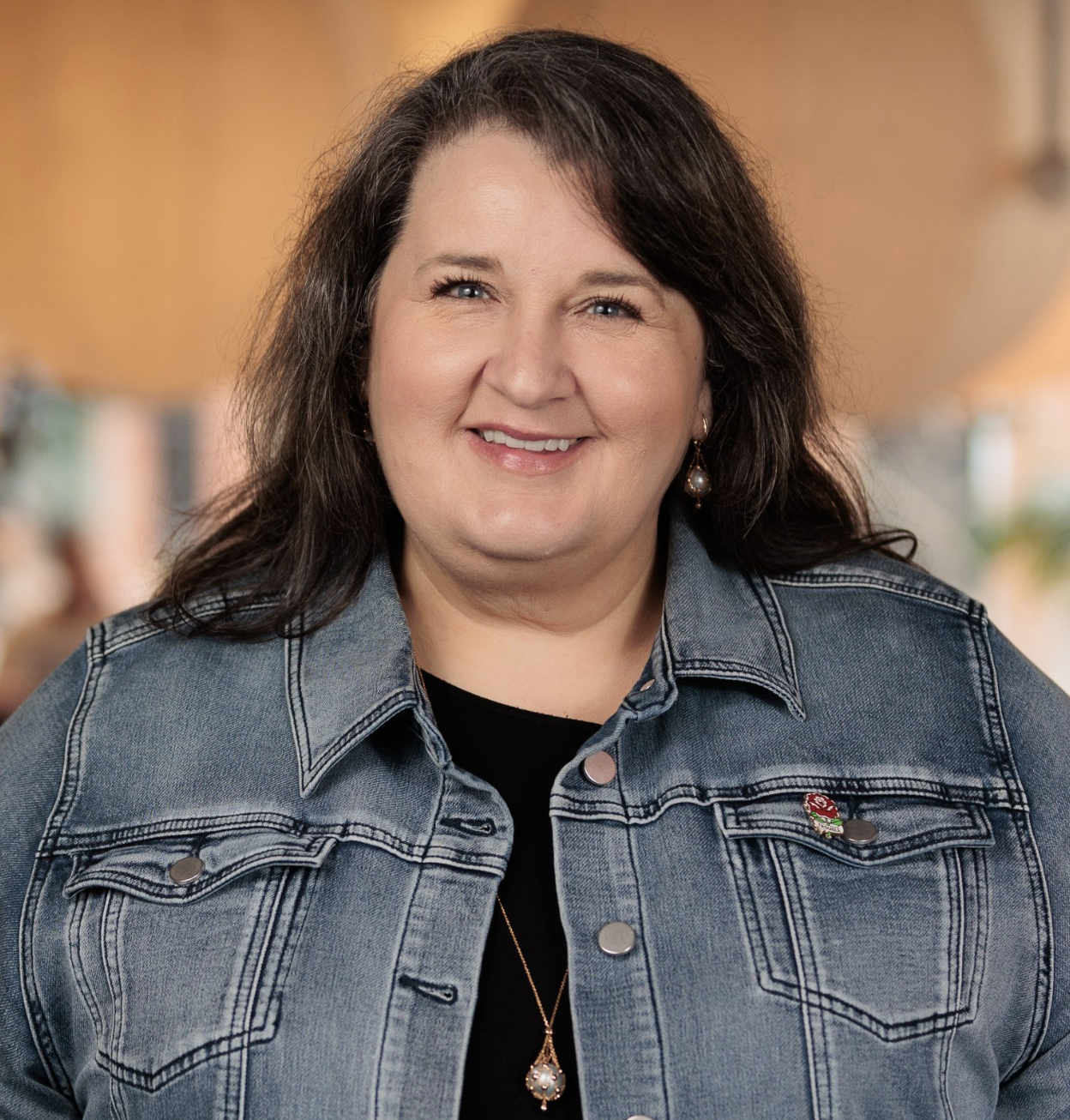
How would you describe Specialisterne?
Specialisterne is a not-for-profit social enterprise with a physical presence in 13 countries around the world. Specialisterne is a unique force for good, driving the agenda of the positive impact that neuroinclusive workplaces have on business performance and the societies in which they operate.
In June 2025, the inaugural Forbes Accessibility 100 recognised Specialisterne’s role in shaping a more inclusive world of work, helping organisations unlock the full potential of neurodivergent talent.
Specialisterne offers strategic advisory services, education, training, inclusive hiring programs and workplace support to organisations who recognise the value in creating inclusive workplaces based on the principles of universal design. In Australia, Specialisterne has partnered with large businesses like Westpac, EY, Cummins and Weir Minerals along with government departments including the Australian Taxation Office, Services Australia, Transport for New South Wales and the Department of Families, Fairness and Housing in Victoria.
One global showstopper is the partnership that Specialisterne has with Casa Batlló, Gaudi's house in Barcelona, where 100 neurodivergent employees assist an average of 2500 visitors daily!
There’s great business value in nurturing people who think and communicate differently – they’re an asset in problem-solving, team building, and innovation.
What are some of the issues neurodivergent workers face?
While displaying incredible resilience in the workplace, neurodivergent workers often face challenges that include systemic barriers through outdated and exclusive approaches; outdated and exclusive attitudes due to lack of knowledge, stigma and stereotypes; and communication that creates expectations that are exclusionary. Specialisterne has witnessed first-hand that a lack of workplace support contributes to disengagement, poor retention, and significant wellbeing risks.
Why is it important for employers to be more accommodating of the needs of neurodivergent employees?
There’s great business value in nurturing people who think and communicate differently – they’re an asset in problem-solving, team building, and innovation.
Beyond the social good, there is a direct correlation between building a neuroinclusive workplace and improved employee workplace performance, with neuroinclusive workplaces reporting a 55 per cent increase in engagement, 65 per cent increase in innovation, 45 per cent reduction in turnover, 35 per cent reduction in hiring costs, and 40 per cent increase in productivity.
Who do you admire most in the world and why?
That’s a very big question! I would have to say my Mum. While she’s now passed, she was a person who modelled living and leading a life of purpose. Mum was the director of the Salvation Army’s Missing Persons Bureau (now known as the Family Tracing Service). She took the reins after Cyclone Tracy, and for more than 20 years she reunified family members across the world. My admiration for her drive, tenacity and commitment to social justice, and for the way in which she treated everyone as equals, motivates me daily.

Posted on 18 Feb 2026
When Nyiyaparli woman Jahna Cedar travels to New York next month as part of the Australian…

Posted on 11 Feb 2026
Rev. Salesi Faupula is the Uniting Church’s moderator for the synod of Victoria and Tasmania. Born…
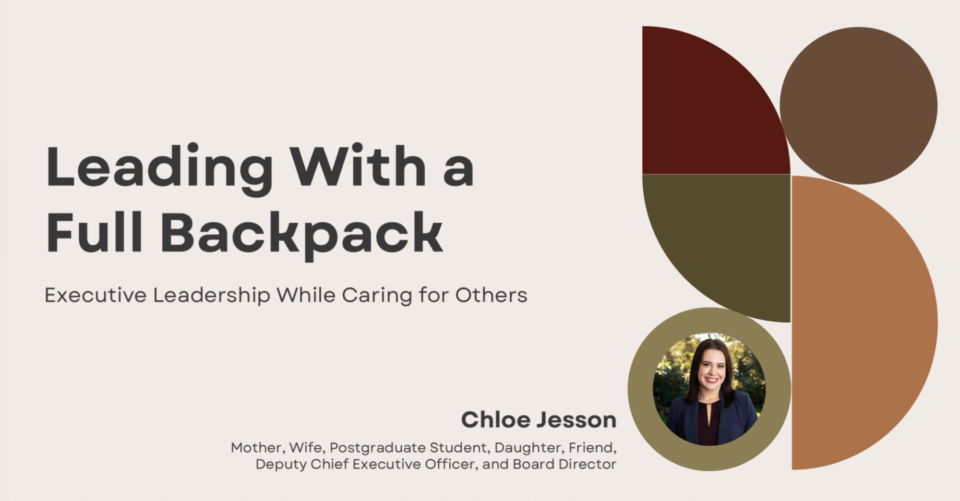
Posted on 04 Feb 2026
At the Third Sector leadership conference in Sydney last year, Queensland health executive Chloe…
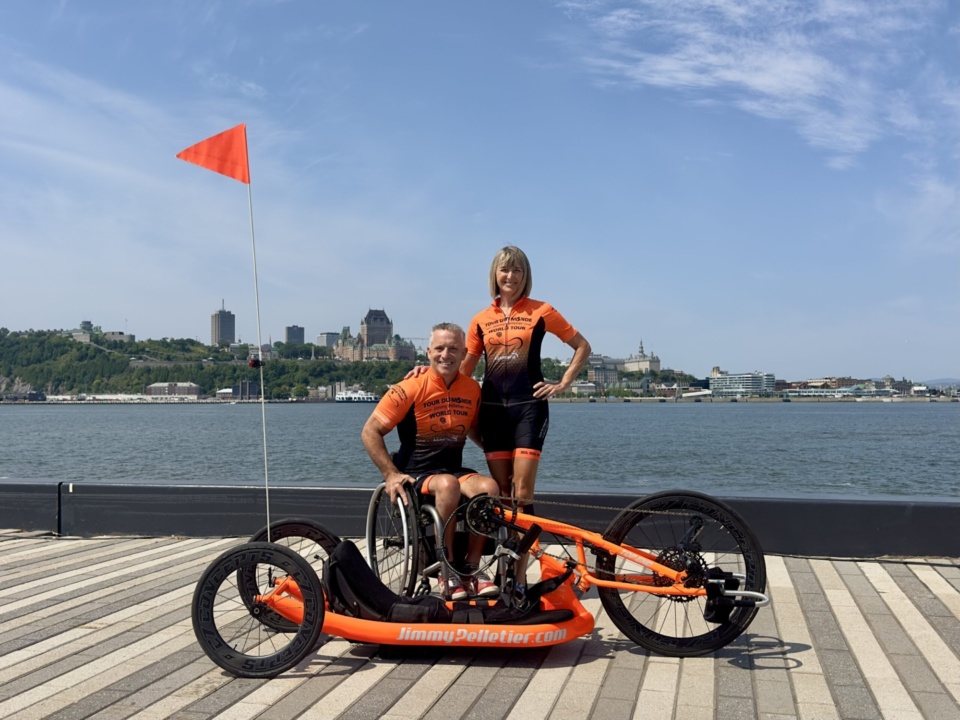
Posted on 28 Jan 2026
French-Canadian Jimmy Pelletier, who lives with paraplegia, is six and a half months into a…
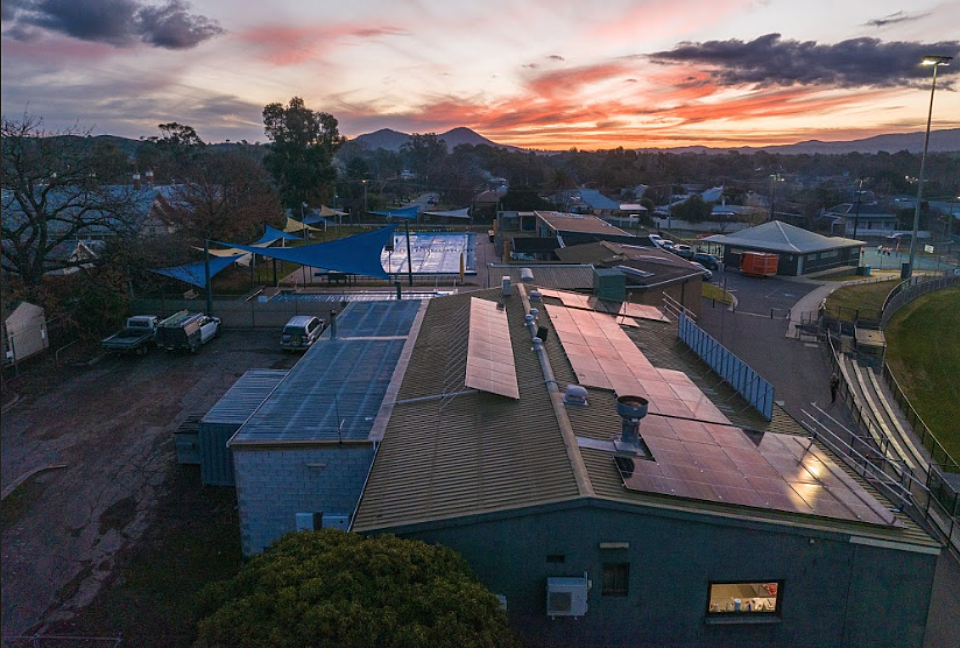
Posted on 16 Dec 2025
Lex Lynch spent more than two decades in the climate change and renewables field before last year…
Posted on 10 Dec 2025
A long-time advocate for rough sleepers in northern New South Wales has been named her state’s…

Posted on 03 Dec 2025
Emma-Kate Rose is the co-CEO of Food Connect Foundation, working with communities to support the…
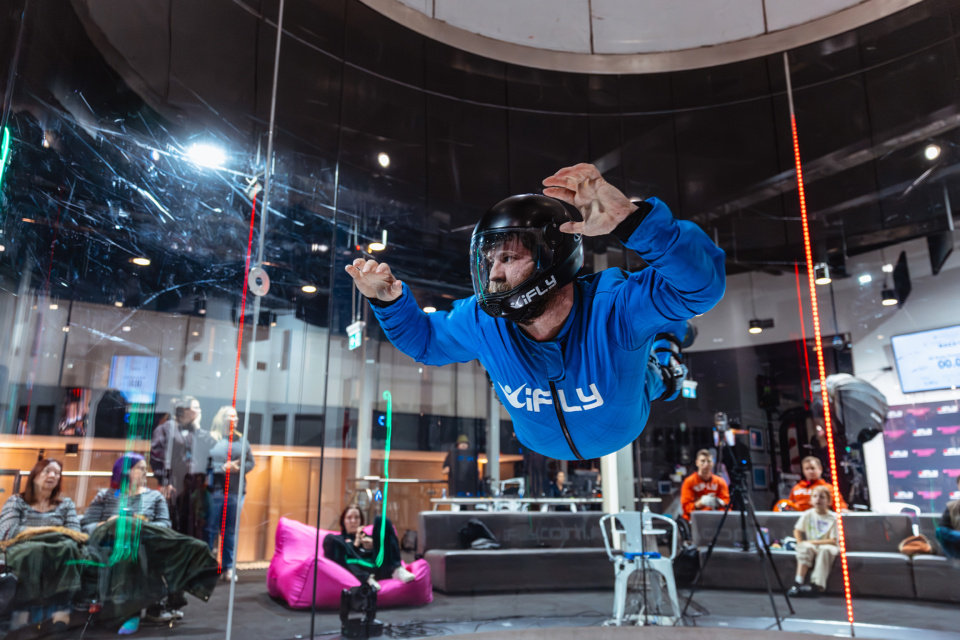
Posted on 26 Nov 2025
Next Wednesday, December 3, All Abilities ambassador Greg Pinson will be celebrating the…
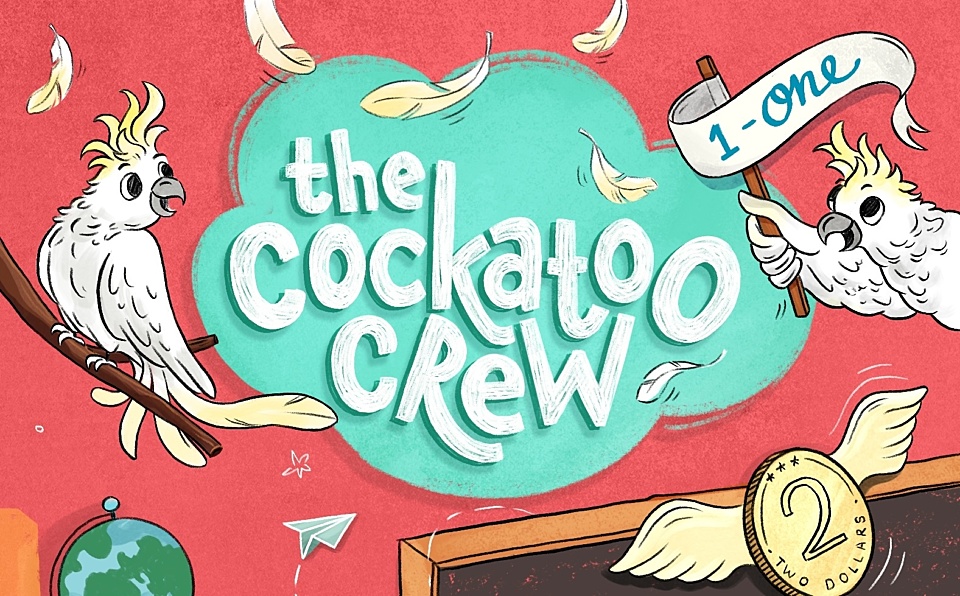
Posted on 19 Nov 2025
Lora Inak is the author of the Cockatoo Crew books, a new children’s fiction series (illustrated by…
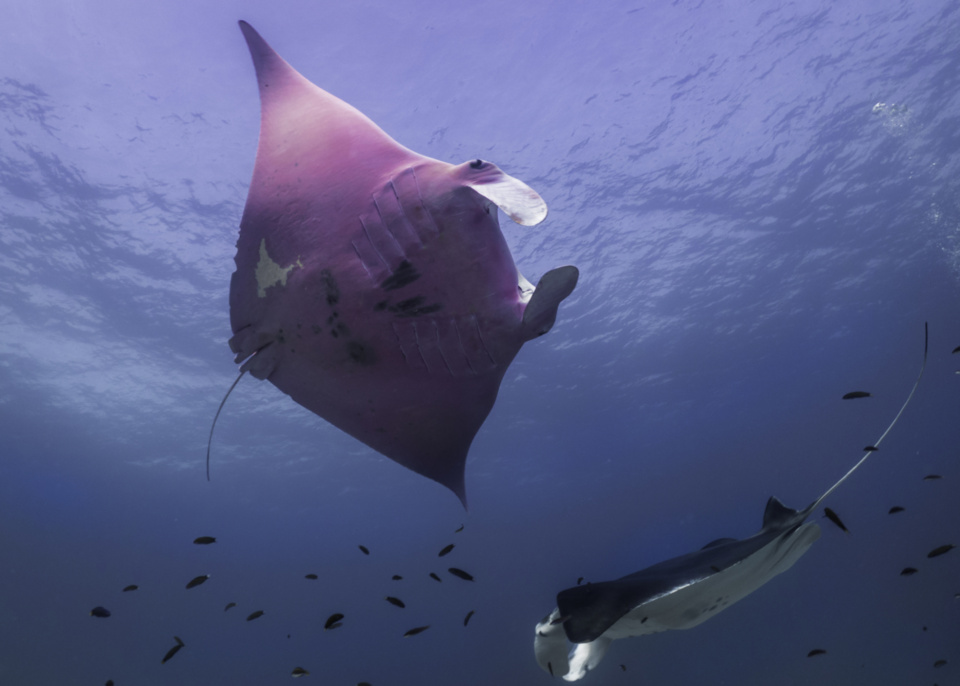
Posted on 11 Nov 2025
Project Manta, a long-running scientific study that includes a citizen scientist component, is…
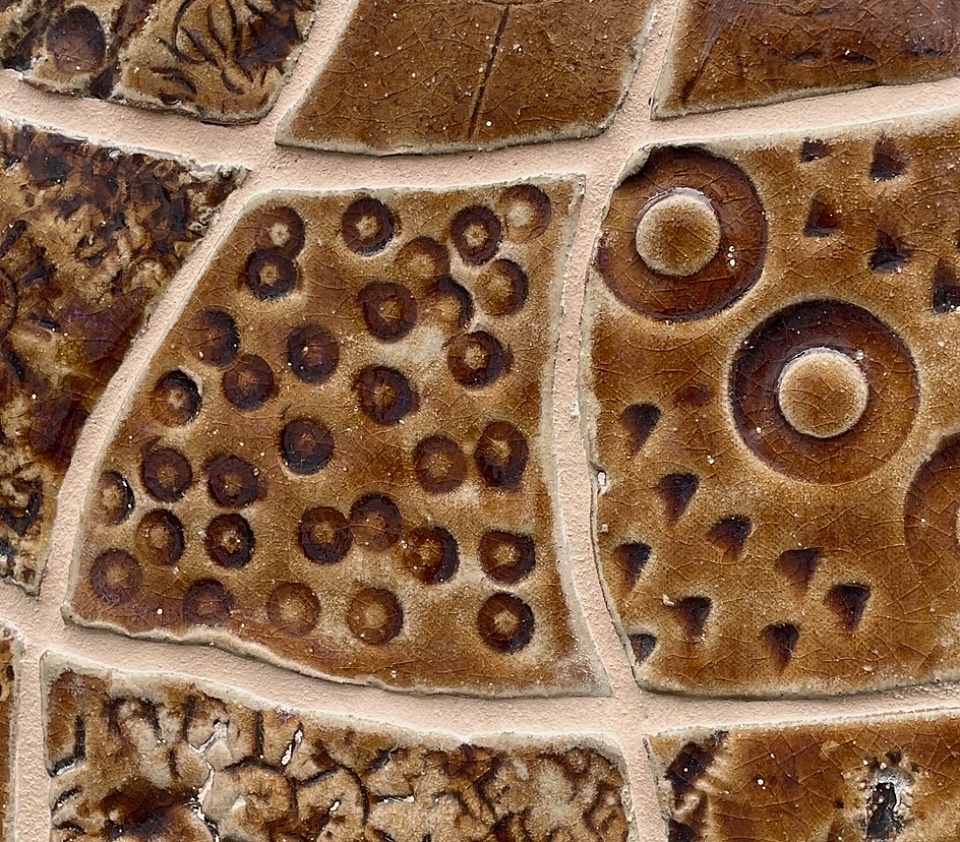
Posted on 04 Nov 2025
Diamando Koutsellis is the CEO of the not-for-profit Australian Ceramics Association, as well as a…

Posted on 28 Oct 2025
Mandy Richards is the founder and CEO of Global Sisters, a charity reinventing employment,…